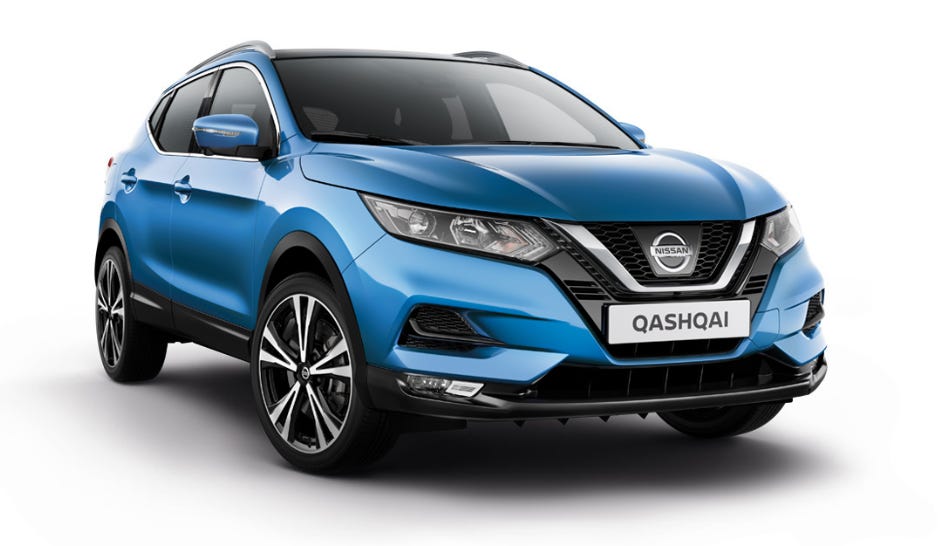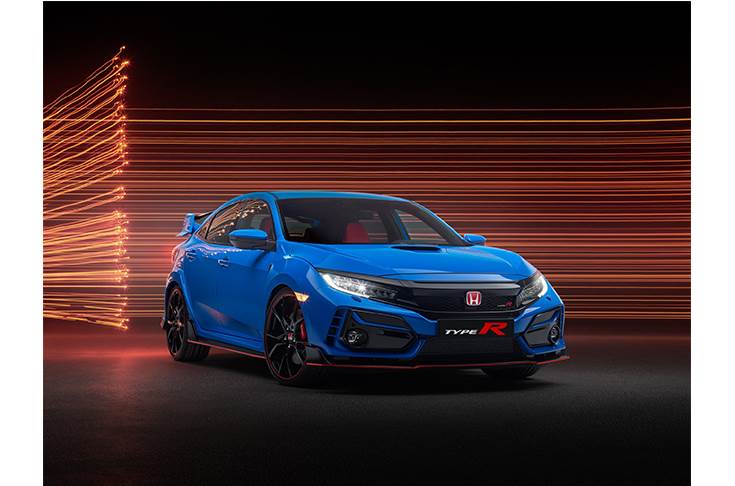Premium Gurugram-based app-based bus aggregator Shuttl has raised about $8 million (Rs 57 crore) in its Series C funding round from SIG Global India Fund LLP. Per the company’s filings with the Registrar of Companies (RoC) sourced by paper.vc, Delaware-based SIG Global Fund has been issued 19,341 Series C compulsorily convertible cumulative preference (CCPS) in… Continue reading India Deal Monitor: Shuttl raises $8m from SIG Global and more updates
Tag: Toyota
Press Releases – Getting to the Green Deal: Don’t rule out alternative fuels with a track record of success
Brussels, 14 January 2020 – Vehicle manufacturers and fuel coalition call for consistency in defining alternative fuels that will drive the energy transition. The EU’s long-term energy transition goals depend not just on developing new technologies but also on alternative-fuel solutions that already reduce harmful emissions. As the EU reframes important environment and energy legislation… Continue reading Press Releases – Getting to the Green Deal: Don’t rule out alternative fuels with a track record of success
PA Consulting’s Analysis Shows Top Car Makers Will Face €14.5bn Fines for Missing the EU’s CO2 Emissions Targets
After four years of steady progress, PA’s research has revealed a step backwards. Emissions have increased across the board, mainly due to customers buying SUVs, strong demand for high-powered and heavier cars, lack of low-emission options in showrooms, and shifting preference for petrol cars after the diesel scandal. Some car makers will see penalties high… Continue reading PA Consulting’s Analysis Shows Top Car Makers Will Face €14.5bn Fines for Missing the EU’s CO2 Emissions Targets
Next-gen Toyota GT86/Subaru BRZ on the way with more power
The next-gen sports car will feature some substantial changes from the existing model. While the original was built on a Subaru platform, the firm’s current architectures are not suited to rear-drive cars, so Autocar understands the new model is set to be built on Toyota’s TNGA platform. While Toyota underpinnings will be used, Subaru is… Continue reading Next-gen Toyota GT86/Subaru BRZ on the way with more power
The Peugeot family wants to take more capital in the merger between PSA and Fiat Chrysler
When the regional daily asked the family whether the possibility of acquiring this additional 2.5% in the next seven or eight years constituted for them a “major objective”, Jean-Philippe Peugeot, the CEO of Établissements Peugeot Frères ( EPF), replies in the affirmative. “To obtain this possibility, the negotiations were complex. It was not won in… Continue reading The Peugeot family wants to take more capital in the merger between PSA and Fiat Chrysler
VW, Nissan chase African market where car loans are rare
Volkswagen AG and Nissan Motor Co. are among automakers planning new plants in Ghana to target West Africa’s 382 million people. Their challenge: Finding banks that will offer loans to make new cars affordable. In a country where about 70% of imports are second-hand, new car ownership is rare, said Believe Alorbu, who sells older… Continue reading VW, Nissan chase African market where car loans are rare
Toyota chief sees son’s potential to become ‘master driver’
NAGOYA, Japan — Toyota Motor President Akio Toyoda on Friday said his son was in the running to become the automaker’s “master driver” — the chief test driver who determines whether new models are ready for the market. Toyoda spoke at the Tokyo Auto Salon car show in Chiba Prefecture. His son, Daisuke Toyoda, is a senior… Continue reading Toyota chief sees son’s potential to become ‘master driver’
@Toyota: Toyota Quarterly Supplement for Takata Recall Remedy Fourth Quarter 2019
All materials on this site are for editorial use only. The use of these materials for advertising, marketing or any other commercial purpose is prohibited. They may be cropped but not otherwise modified. To download these materials, you must agree to abide by these terms. I agree to the terms Go to Source
Masayoshi Son rushes to Indonesia with plans for a ‘smart capital’
JAKARTA — Masayoshi Son, CEO of Japan’s SoftBank Group, revealed plans to invest in Indonesia’s new capital and to bring the latest technology and “a lot of artificial intelligence” to the smart city project. The revelation came after a meeting with President Joko Widodo on Friday, and follows Son’s vow in July to put $2… Continue reading Masayoshi Son rushes to Indonesia with plans for a ‘smart capital’
Honda, Toyota unveil new look variants at the Tokyo Auto Salon
The Tokyo Auto Salon 2020, one of the largest annual custom car and car-related product show in Japan kicks off in Chiba City. Honda unveils the first look of the updated 2020 Civic Type R high performance hatchback. This variant incorporates numerous changes including a new two-piece brake rotors and new brake pads designed to reduce… Continue reading Honda, Toyota unveil new look variants at the Tokyo Auto Salon


